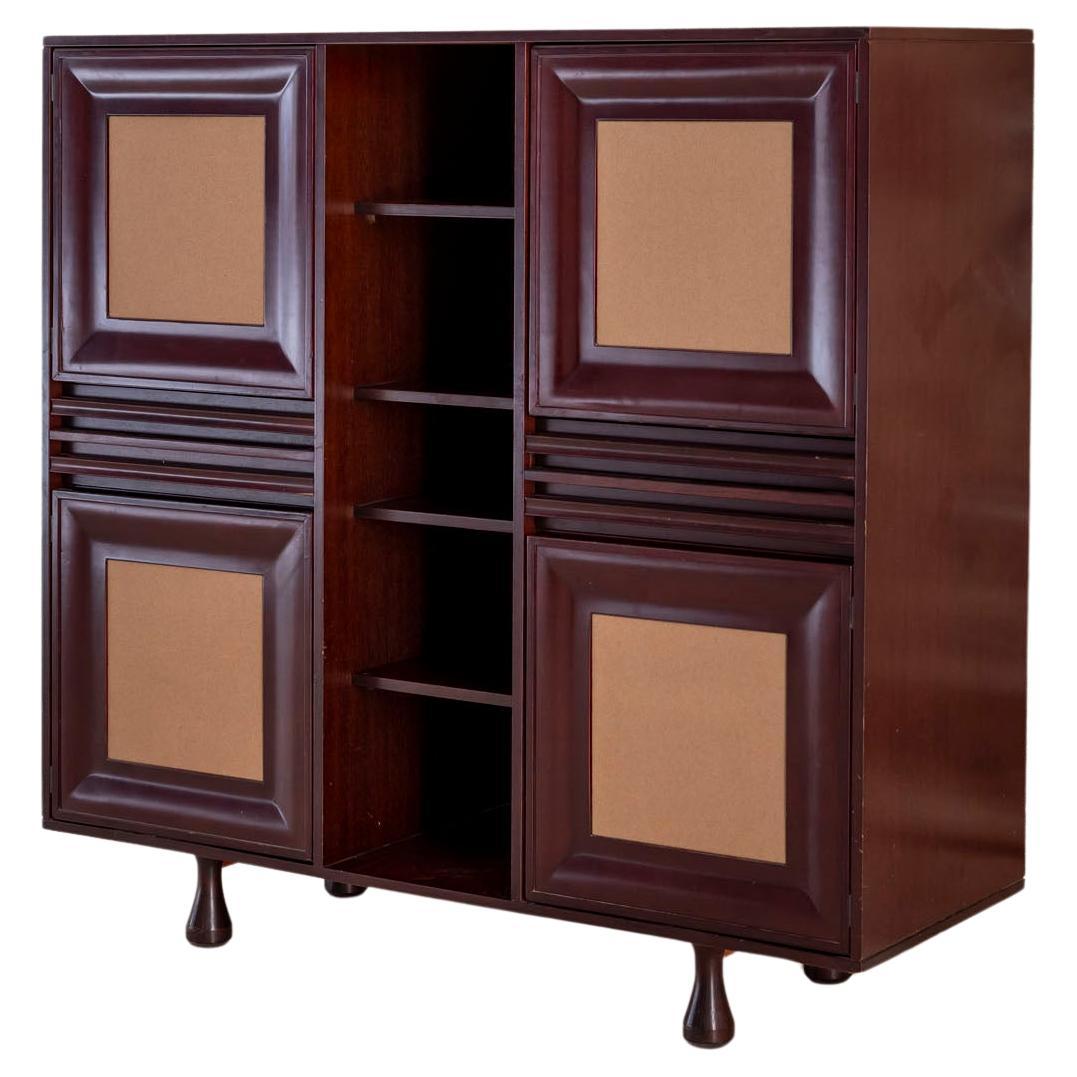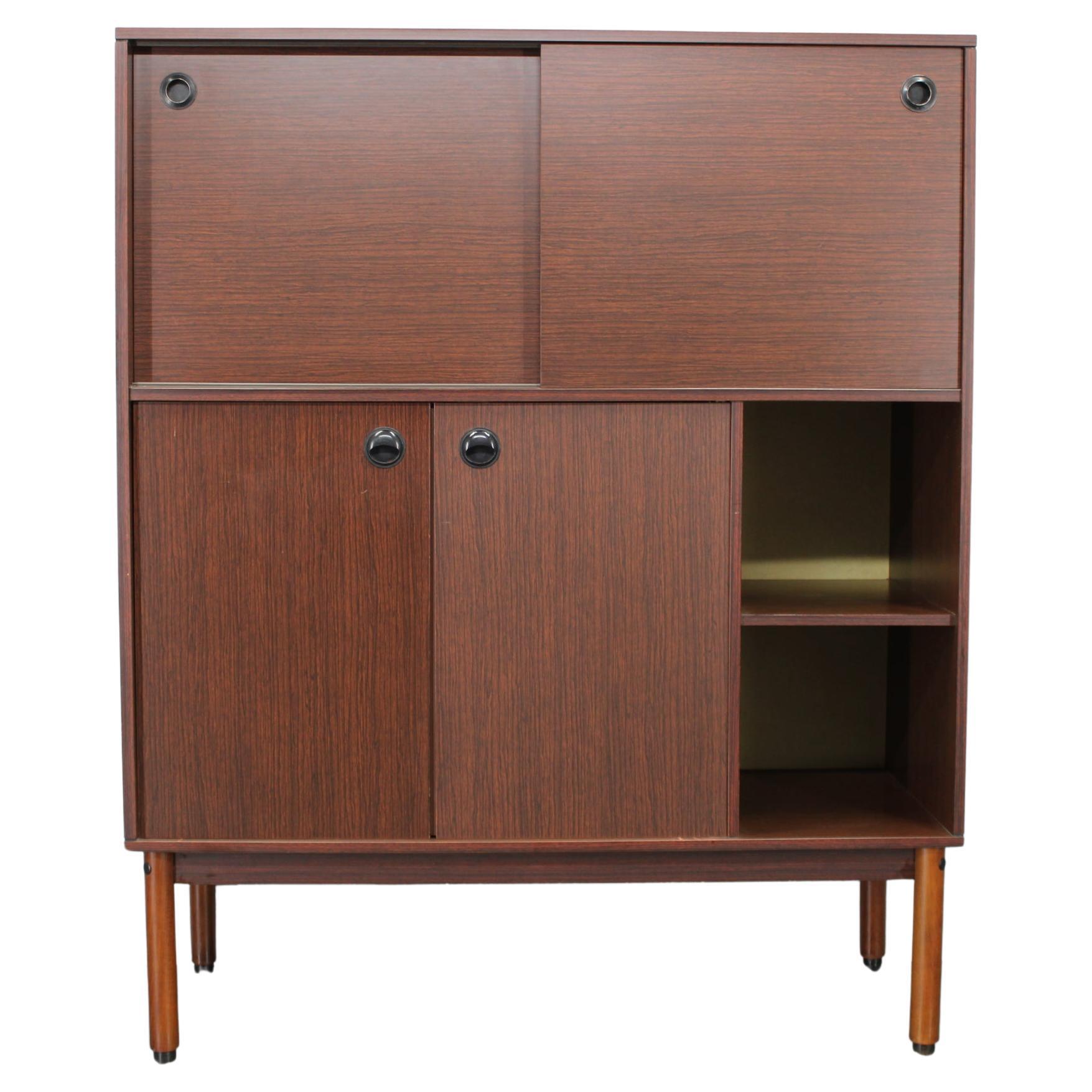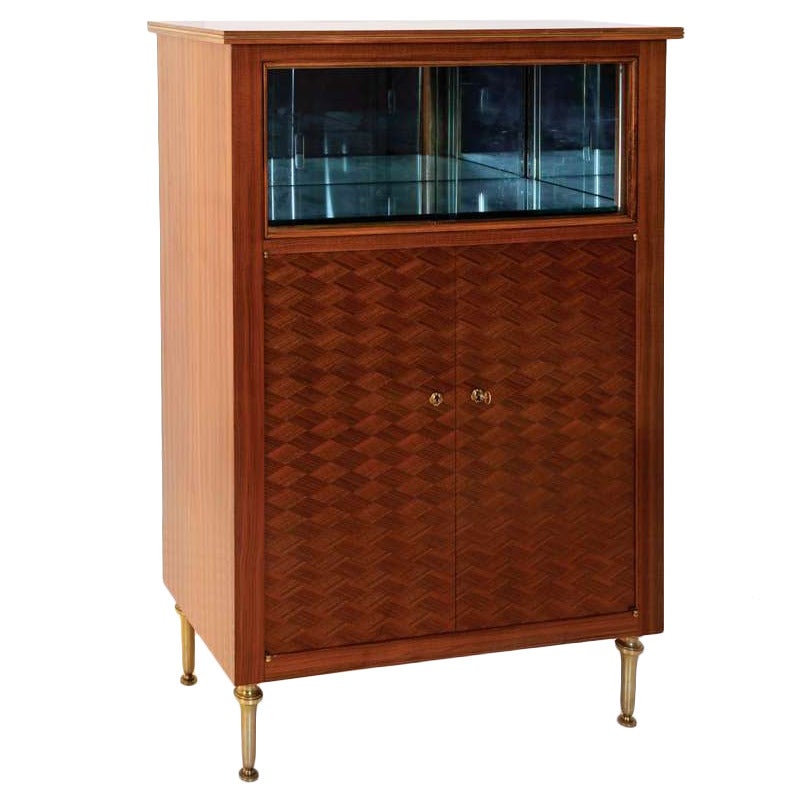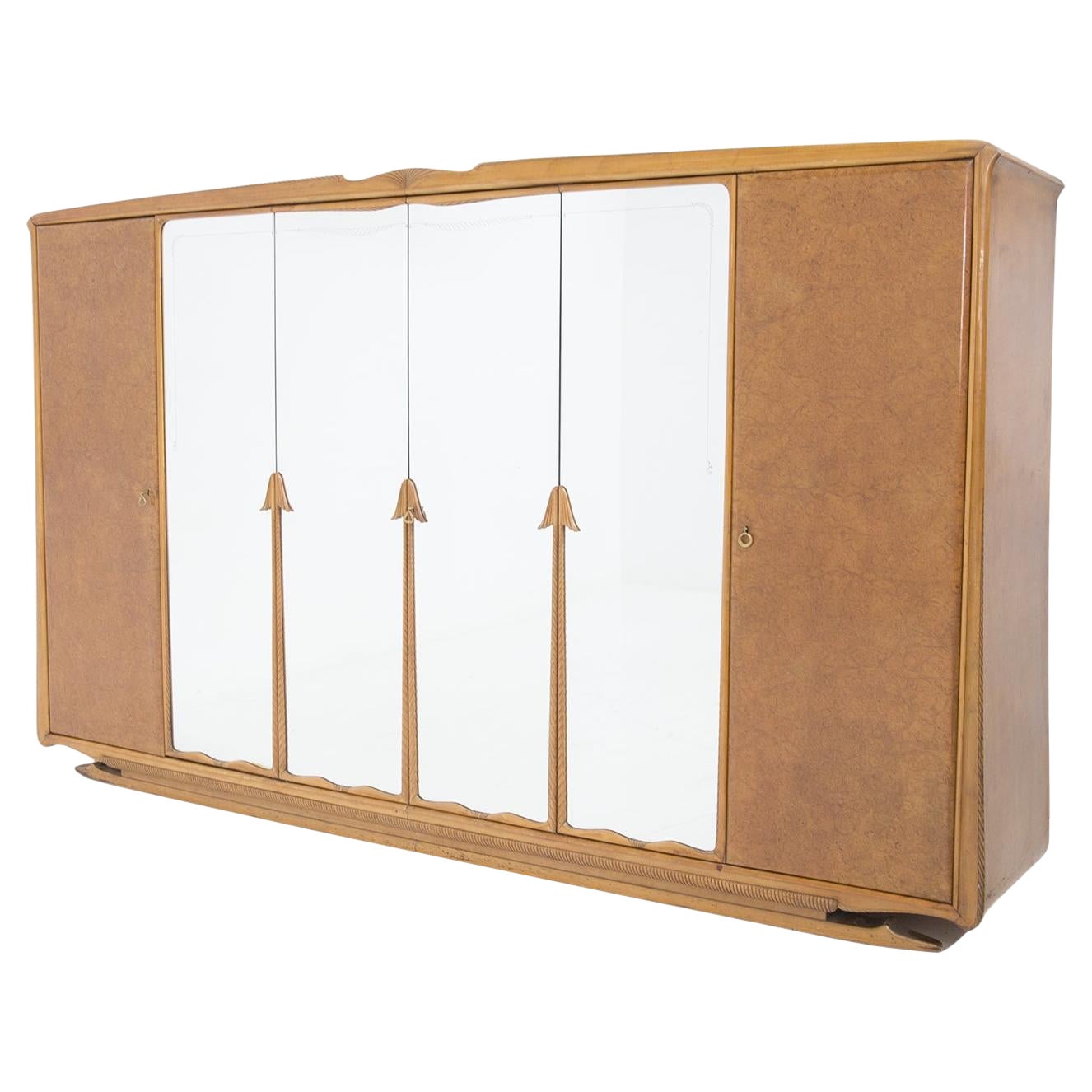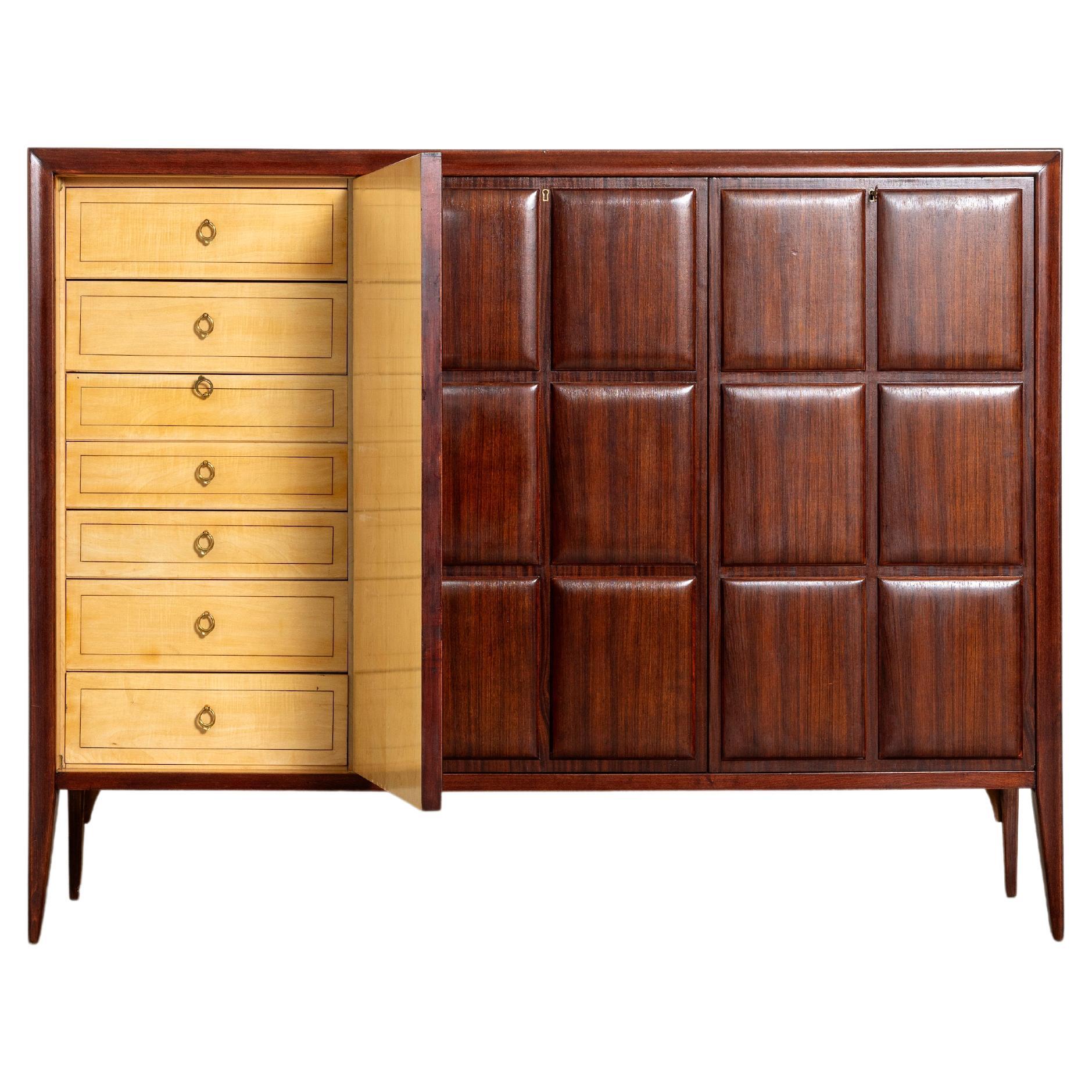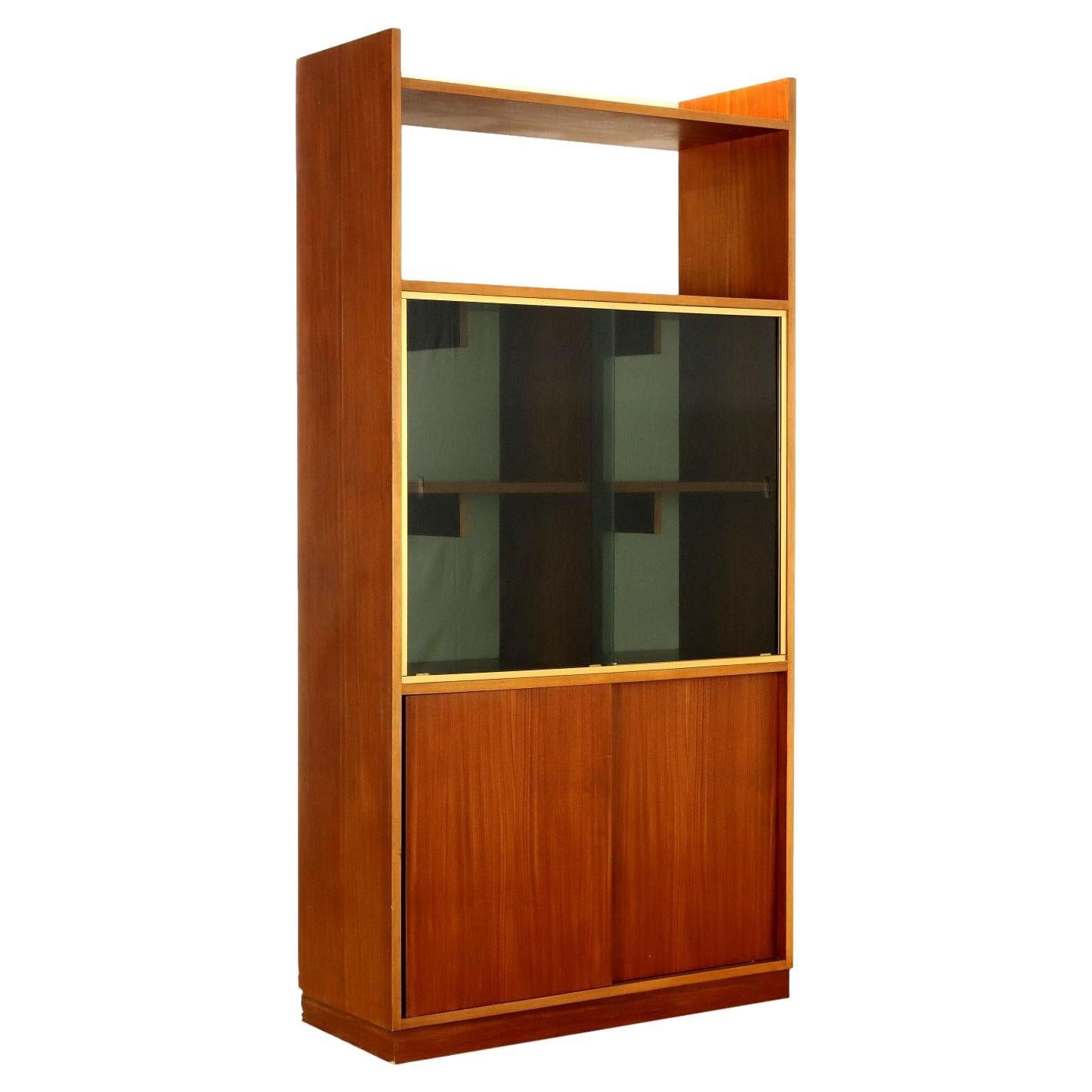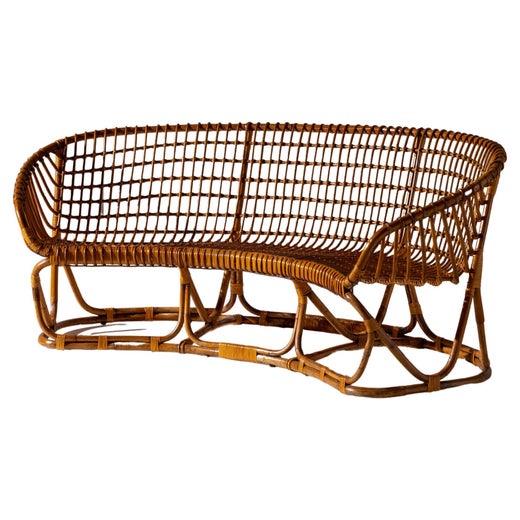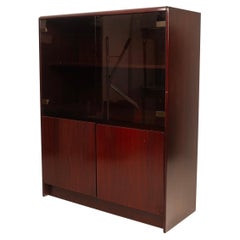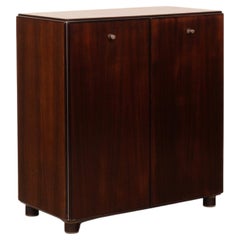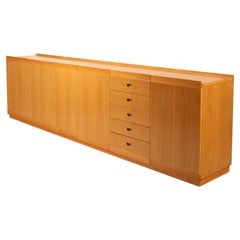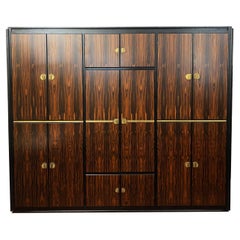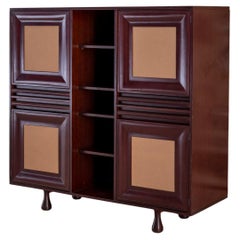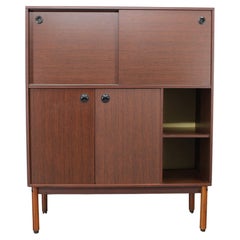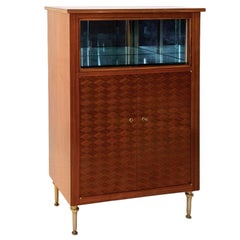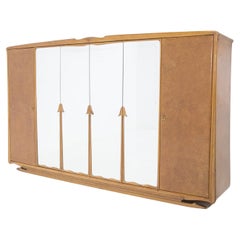Tito Agnoli Pecary Cabinet for Caleido Frau, 1970
Informazioni sull’articolo
- Creatore:Tito Agnoli (Designer)
- Dimensioni:Altezza: 155,5 cm (61,23 in)Larghezza: 114 cm (44,89 in)Profondità: 45 cm (17,72 in)
- Materiali e tecniche:
- Luogo di origine:
- Periodo:
- Data di produzione:1970
- Condizioni:Usura compatibile con l’età e l’utilizzo.
- Località del venditore:Conversano, IT
- Numero di riferimento:1stDibs: LU8395246878152
Tito Agnoli
Il prolifico designer Tito Agnoli ha creato mobili fantasiosi con un singolare mix di materiali naturali e industriali. Progettando negli stili moderno e mid-century modern ha realizzato divani, poltrone e letti da giorno in pelle, bambù e rattan oltre a lampade da tavolo in metallo e lampade da terra.
Nato in Perù nel 1931 da una famiglia italiana, Agnoli ha studiato presso la Facoltà di Architettura di Milano. Nel 1949 si è laureato in architettura presso Politecnico di Milano. Durante la sua permanenza, fece conoscenza con i designer Gio Ponti e Carlo De Carli. In seguito lavorò con loro come assistente, imparando a creare pezzi austeri dalle dimensioni impeccabili.
Utilizzando queste conoscenze, ha sviluppato il proprio studio e ha lavorato con molti produttori italiani, tra cui Arflex, Cinova, Lema, Matteo Grassi, Molteni, Montina, Oluce, Pierantonio Bonacina, Poltrona Frau, Schiffini e Ycami.
Agnoli ha ricevuto prestigiose nomination per il premio Compasso d'Oro . Alla mostra NeoCon del 1986 a Chicago, ha vinto una medaglia d'oro. Le sue opere sono presenti nelle collezioni del Museum of Modern Art di New York.
Su 1stDibs trovi un'incredibile collezione di sedute vintage di Tito Agnoli, illuminazione, tavoli e molto altro.
- SpedizioneRecupero del preventivo…Spedizione da: Conversano, Italia
- Politica di reso
Altro da questo venditore
Mostra tuttoVintage, 1970s, Italian, Armadietti
Cristallo
Vintage, 1960s, Italian, Mobili bar
Palissandro
Vintage, 1960s, Italian, Credenze
Frassino
Vintage, Anni 1970, Italiano, Armadi e guardaroba
Ottone
Vintage, 1970s, Italian, Librerie
Vetro fumé, Acero Birdseye
Vintage, 1970s, Italian, Brutalismo, Comò e cassettiere
Ottone
Ti potrebbe interessare anche
Vintage, Anni 1960, Italiano, Mid-Century moderno, Mobili contenitori
Tessile, Legno
Metà XX secolo, Mid-Century moderno, Mobili contenitori
Laminato, Legno, Faggio
XX secolo, Francese, Mobili contenitori
Bronzo
Vintage, Anni 1950, Italiano, Mid-Century moderno, Mobili contenitori
Ottone
Metà XX secolo, Italiano, Mid-Century moderno, Mobili contenitori
Vetro, Palissandro
Vintage, 1960s, Italian, Mid-Century moderno, Mobili contenitori
Alluminio
